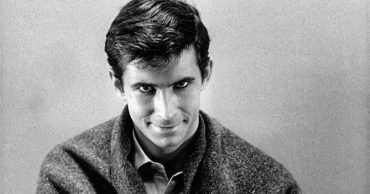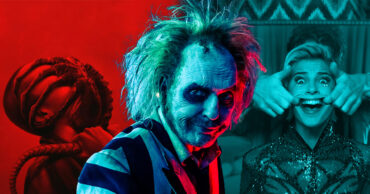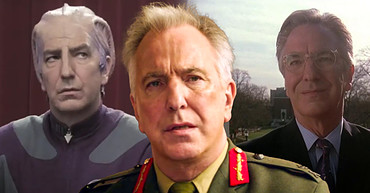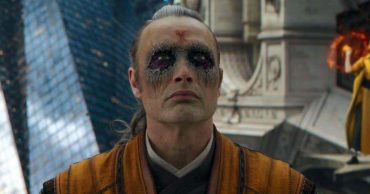Martin Scorsese represents a generation of Hollywood filmmakers who have made their mark in the industry. Although born in New York City, the octogenarian filmmaker holds dual citizenship as an American and an Italian. Scorsese, whose filmmaking career spans more than six decades, has directed 26 feature films so far.
Besides his filmmaking technique, Martin Scorsese has a reputation for frequent collaborations with actors, screenwriters, cinematographers, and editors. Despite working with others, Scorsese has several credits as a screenwriter. Highlighting his talents as a screenwriter, these are the top 5 screenplays of Martin Scorsese.
Mean Streets (1973)
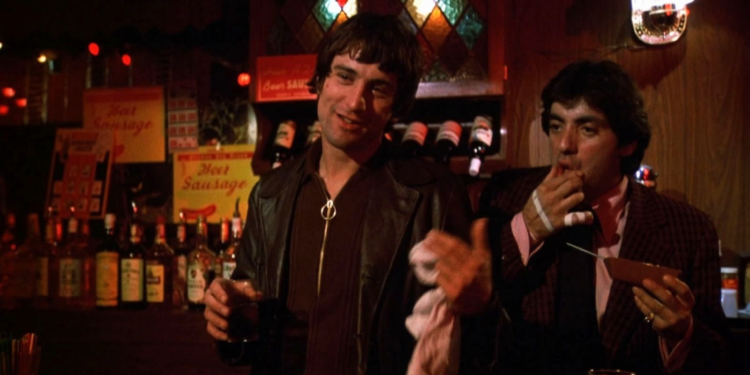
Martin Scorsese co-wrote the screenplay of the crime film Mean Streets (1973) with Mardik Martin. It wasn’t the first time the two writers worked together, having co-written the 1964 short film It’s Not Just You, Murray! In the original draft of Mean Streets‘ script, Mean Streets was titled Season of the Witch before Scorsese later changed it. Mean Streets‘ screenplay began as a continuation of Scorsese’s first feature film screenplay and directorial debut, Who’s That Knocking at My Door (1967). For the 31-year-old director, Mean Streets was a needed profile booster in Hollywood. Mean Streets was critically acclaimed and grossed $3 million on a $650,000 budget. The Library of Congress selected Mean Streets (1973) for preservation in the National Film Registry in 1997.
Goodfellas (1990)
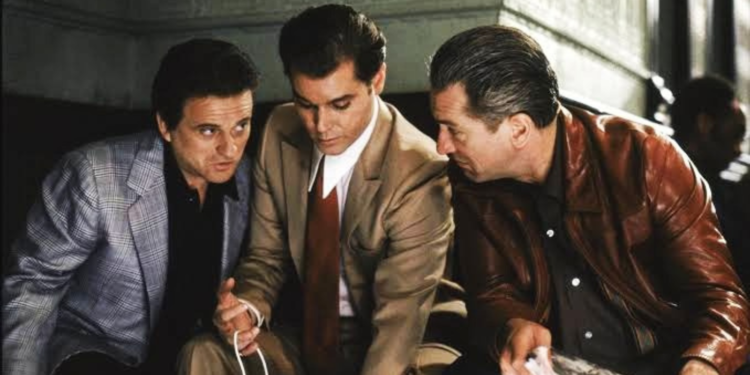
Martin Scorsese continued directing films throughout the 70s and 80s. He began the 90s with Academy Award-nominated biographical crime film Goodfellas (1990). Goodfellas was based on crime reporter Nicholas Pileggi‘s 1985 non-fiction book Wiseguy. Although Scorsese had decided he didn’t want to make another mob film, Pileggi’s approach to the world of Italian-American mobsters got him excited. Scorsese actually cold-called Pileggi to pitch his interest in making a film about his book. Interestingly, Pileggi was more than willing to have it adapted.
Scorsese and Pileggi collaborated on the screenplay, with about 12 drafts produced before agreeing on a final one. They had intended to name the film Wiseguy like the novel but decided to find another befitting name for obvious reasons. Within the past four years, two productions have already used that title. These included Brian De Palma‘s 1986 black comedy crime film and the CBS 1987–1990 crime drama starring retired actor Ken Wahl and Jonathan Banks.
In 2000, it was selected for preservation by the Library of Congress in the National Film Registry. Martin Scorsese received his first Academy Award for Best Adapted Screenplay (although it was his fourth Oscar nomination) and a Golden Globe Award nomination. However, Scorsese won his British Academy Film Awards nomination for Best Adapted Screenplay. Goodfellas (1990) starred Robert De Niro, Ray Liotta, and Joe Pesci.
The Age of Innocence (1993)
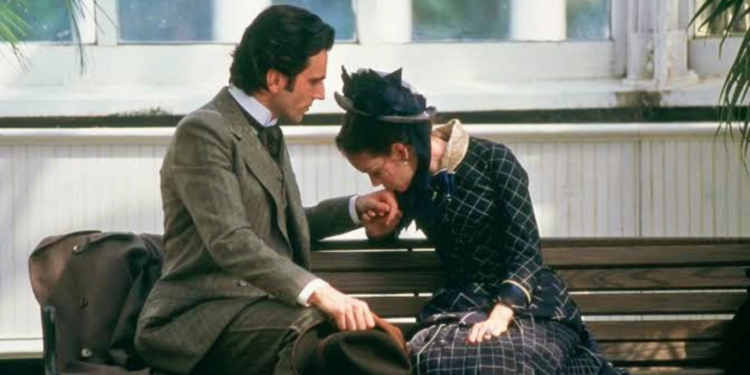
Although he had directed Cape Fear (1991) two years earlier, The Age of Innocence (1993) is Martin Scorsese’s next credited screenplay after Goodfellas (1990). Scorsese co-wrote the screenplay of The Age of Innocence with film critic and screenwriter Jay Cocks. He later worked with Cocks about a decade later in Scorsese’s directed film Gangs of New York (2002). It was Cocks who presented Scorsese with Edith Wharton‘s 1920 novel in which the movie was based. Cocks gave the novel to Scorsese to read in 1980, believing it was something he could adapt to film. The Age of Innocence received positive critical reviews and was a moderate commercial success. It also gave Scorsese his second Academy Award nomination for Best Adapted Screenplay.
Casino (1995)
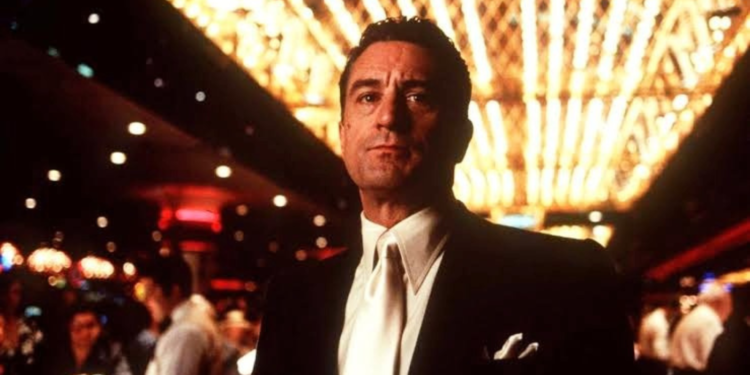
Martin Scorsese collaborated with Nicholas Pileggi again in writing the screenplay of the epic crime film Casino (1995). Known for his collaborations, Scorsese’s Casino (1995) starred Robert De Niro (his eight collaborations with Scorsese) and Joe Pesci. The film also starred Sharon Stone, Kevin Pollak, and James Woods. Casino was based on Nicholas Pileggi’s third book, Casino: Love and Honor in Las Vegas (1995). Pileggi had begun working on the book towards the end of filming Goodfellas (1990).
Pileggi intended to concentrate on writing the book before focusing on a film adaptation. However, Scorsese convinced him otherwise, with Pileggi returning to work on the book after filming was concluded. Scorsese and Pileggi worked on the film’s screenplay for about five months before concluding a final draft. Casino was a critical and commercial success, grossing $116.1 million on a $40–50 million production budget. Although major award associations didn’t nominate the screenplay, Martin Scorsese was nominated for Best Director – Motion Picture at the 53rd Golden Globe Awards in 1996.
Killers of the Flower Moon (2023)

Besides his co-written screenplay with Jay Cocks for the epic historical drama Silence in 2016, Martin Scorsese had focused solely on directing and producing after Casino (1995). In 2023, Scorsese collaborated with Robert De Niro and Leonardo DiCaprio in the epic Western crime drama Killers of the Flower Moon. Although Scorsese had worked with them separately, it was the first time all three were working together in a feature film (excluding their collaboration in the 2015 short film The Audition). Filmmaker and screenwriter Eric Roth was hired to write the screenplay for Killers of the Moon. As director of the film, Scorsese collaborated with Eric Roth on the screenplay. Besides De Niro and DiCaprio, Martin Scorsese also cast Brendan Fraser, Jesse Plemons, and John Lithgow.
 Follow Us
Follow Us

